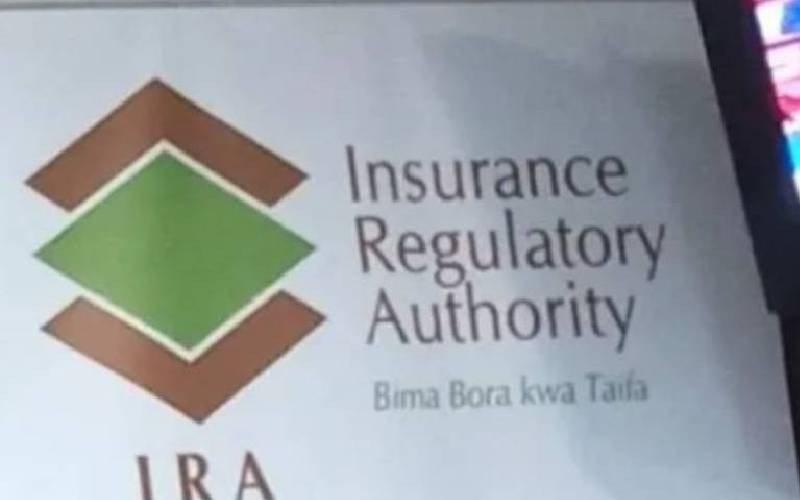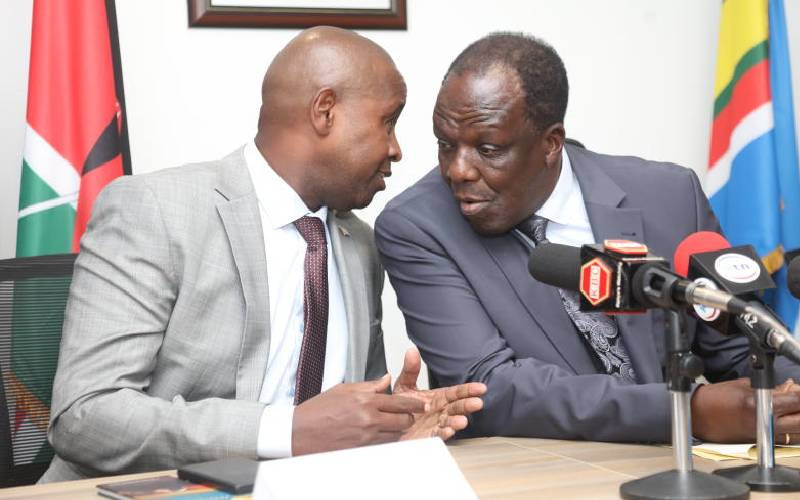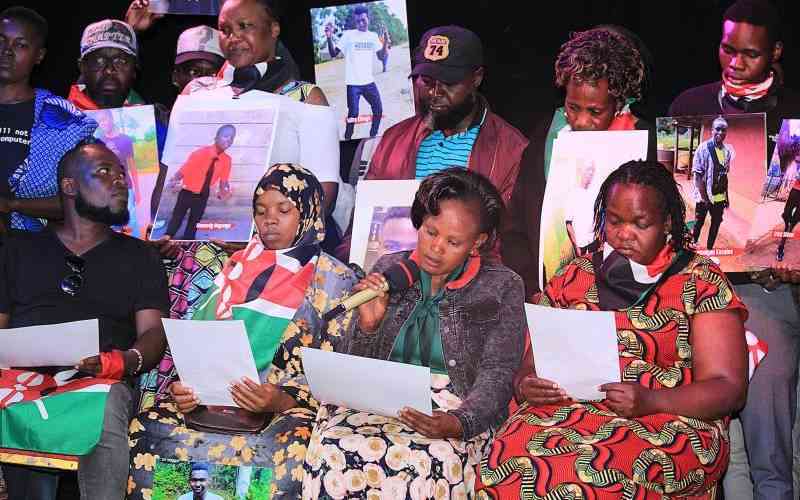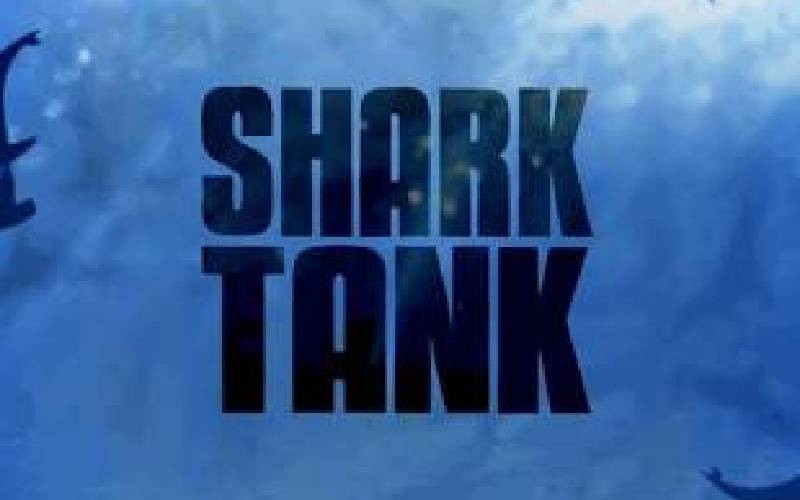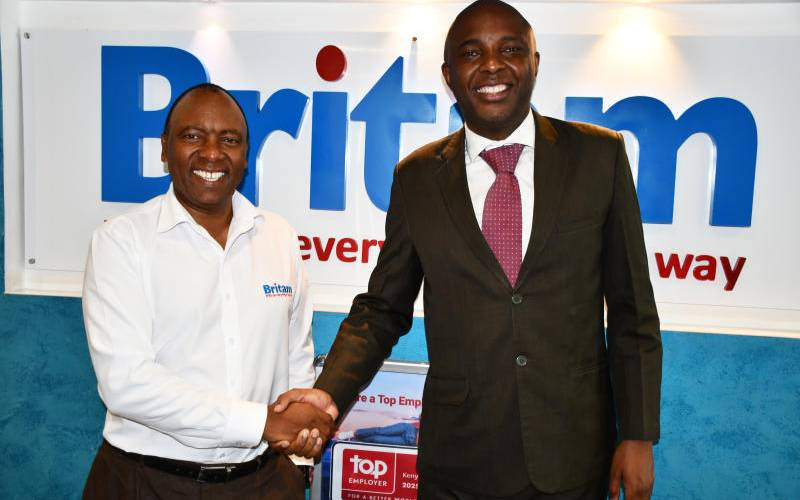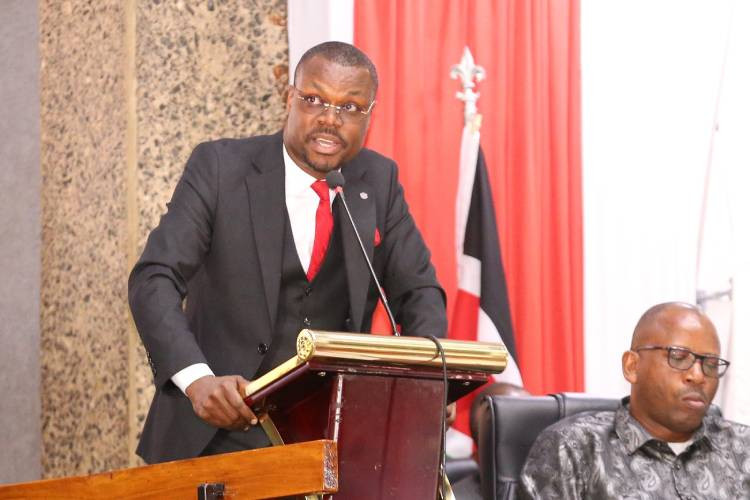
Regulators have vowed to intensify enforcement against unlicensed supply chain officers operating in Kenya, warning that arrests could follow as the government moves to clean up the sector.
Only 43 per cent of supply chain officers are currently in good standing, while at least 15 per cent are operating illegally, according to the Kenya Institute of Supplies Management (KISM).
"We are not going after our members. We are creating space for our members by trying to create sanity to eradicate those people who are in this space and yet, they should not be," said Kenneth Matiba, CEO of KISM, during the 5th Certificate Award Ceremony for Certified Procurement and Supplies Professionals of Kenya (CPSPK) and Associate Procurement and Supplies Professionals of Kenya (APSK) finalists held in Nairobi.
The institute, backed by its legal mandate under the Supply Practitioners Management Act, said it would now fully enforce the law, including by arresting non-compliant officers in collaboration with other government agencies.
Kenya Institute of Supplies Examination Board (KISEB) chair Amos Ochieng said the industry had come a long way, growing from three graduates in 2017 to 278 CPSPK graduates this year.
"We are very proud of the numbers, and being the sole regulator, examiner and certifier of practitioners in this country, it gives us great pleasure to see such a big multitude coming to graduate," he noted.
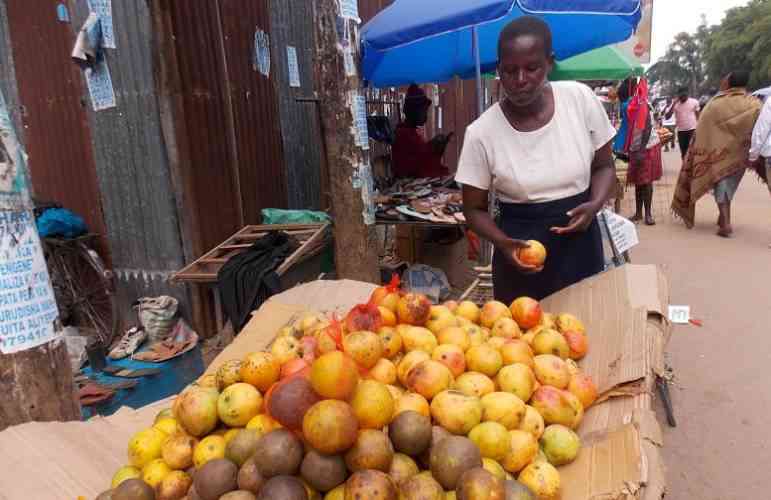



KISEB CEO Dr Fred Ongisa said the growth reflects a shift towards more competent professionals entering the field, equipped with both technical and soft skills.
"We are graduating people who are more qualified, who have gained more skills, not just technical competencies but even soft skills that are required," Ongisa said.
At least 278 graduates joined the CPSPK ranks at the ceremony, with over 1,300 others graduating from diploma-level programmes.
KISM noted that counties like Homabay and Kiambu had made significant strides, supporting officers to become compliant after previous audits revealed gaps.
The institute also reported a rise in compliance efforts across the public and private sectors.
Despite the momentum, regulators said enforcement must continue.
"We are going to enforce the law fully by effecting arrests where possible," Matiba said.
Officials maintained that the crackdown is necessary not just to uphold standards but also to create employment and ensure procurement integrity in public finance.
Ochieng confirmed that all exams are aligned with global and regional standards and reviewed every three years, with certification becoming more accessible and online exams being introduced.
Stay informed. Subscribe to our newsletter
"Our curriculum reflects the current dynamics of the industry. We are reviewing it again to reflect new changes," he said.
KISEB said oversight is provided by the Office of the Auditor General and internal auditors, affirming accountability in its operations.
The board benchmarks its curriculum with global institutions and is attracting students from countries including Malawi, Somalia and South Sudan.
"What makes us stand out is that we are the sole board that certifies and examines supply chain practitioners in this country," Ochieng said.

